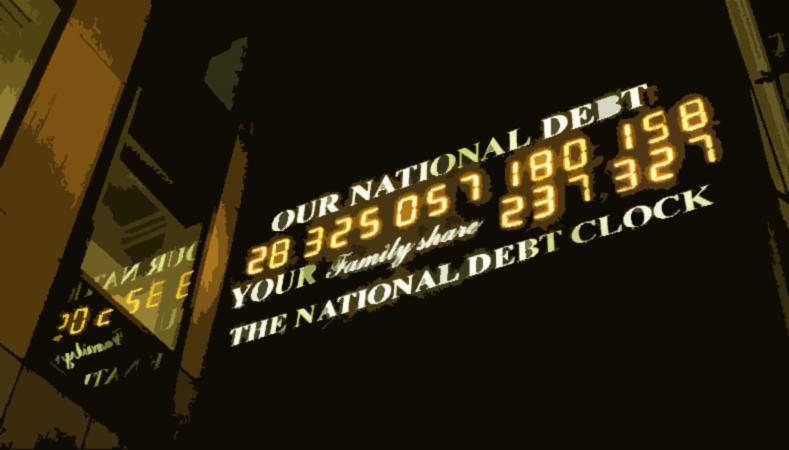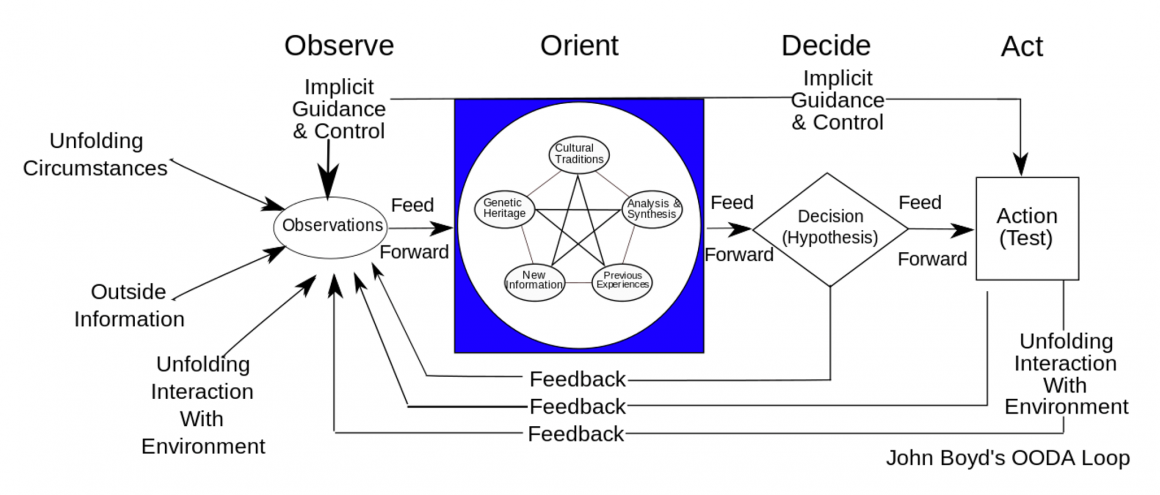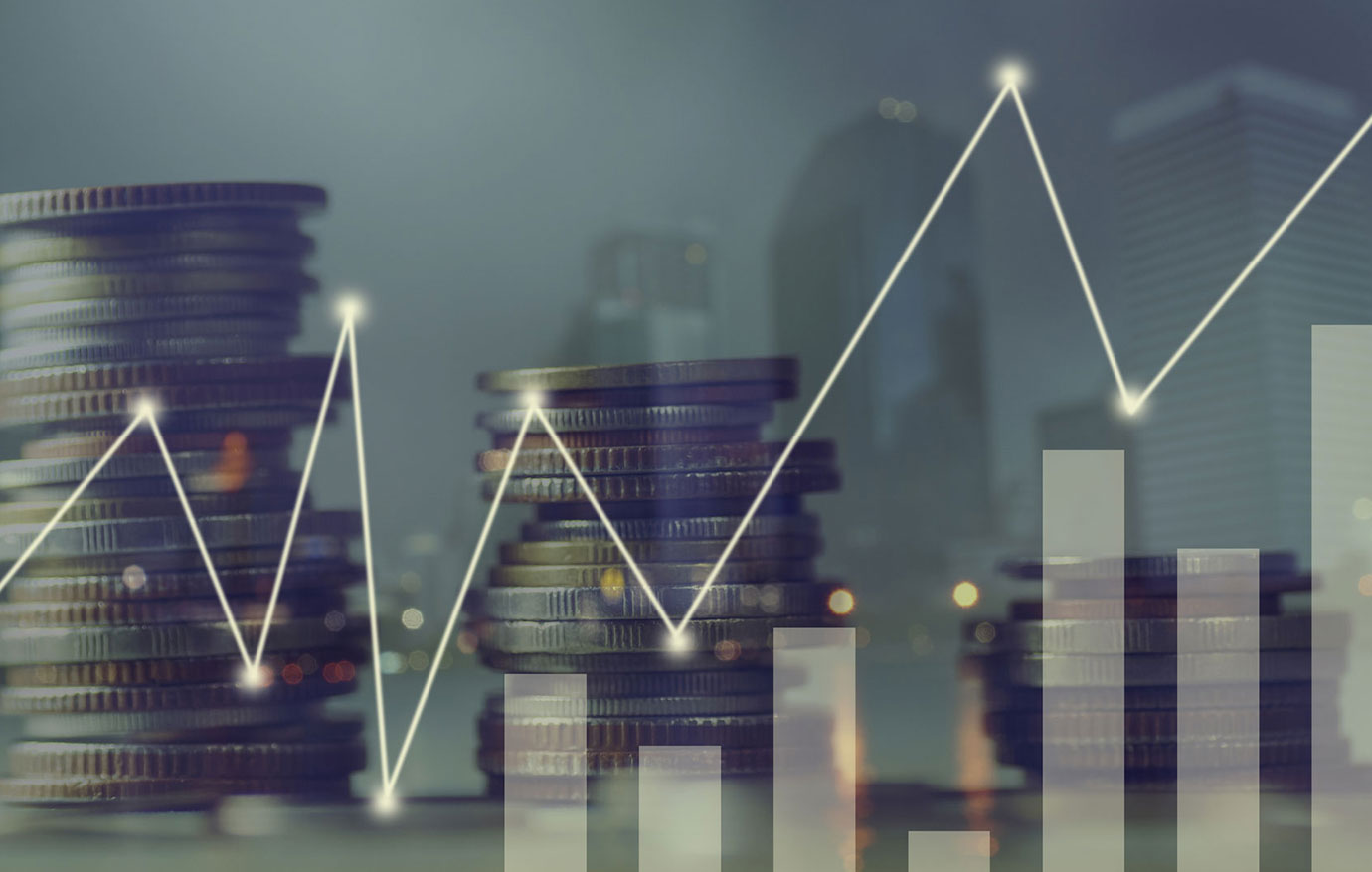Why Does Money Have Value? Not Because the Government Says It Does.
Why does the dollar bill in our pockets have value? According to some commentators, money has value because the government in power says so. For other commentators the value of money is on account of social convention. What this implies
How “Cultural Distance” between Societies Can Hamper Economic Prosperity
Uncovering the cause of disparities in long-term economic performance across societies is of paramount importance to economists. Differences in institutional quality and geographical advantages are usually invoked as reasons for the divergence in economic performance. Although both factors possess explanatory
Do Farm Bills suffice to bring in freedom for the Farmers?- An analysis
Agricultural sector is the largest employment generator in India. Agricultural products have consistently been a trade surplus for India over the years. Despite this, it contributes less than 15% to the country’s GDP. The parliament passed the three farm bills
Why Americans Would Benefit from a Government Default
The Biden administration's rhetoric on the debt ceiling has become nothing short of apocalyptic. The Treasury Department has announced that a failure to increase the debt ceiling "would have catastrophic economic consequences" and would, as NBC news claims, constitute a
COMMON SENSE: The Case for an Independent Texas
Bob covers some of the key points in his new pamphlet on restoring the Republic of Texas. Mentioned in the Episode and Other Links of Interest: Bob’s new pamphlet, COMMON SENSE: The Case for an Independent TexasBob’s recent appearance on Tim Pool’s
Why Businessmen Make Such Unimpressive Politicians
In 2016, we watched time and time again as polls stated that people liked Donald Trump because he is a businessman and came from outside the world of politics. Dozens of factors led to his election but there is no
Mark McGrath: The Adaptive Entrepreneurial Method: VUCA, OODA, IOT
Austrian economics is distinctive in its recognition and, indeed, embrace of continuous change: customer preferences change, competitors’ actions change, markets change, technology changes, prices change, business methods change. New knowledge is continuously created and accumulated. And Austrian economics equally recognizes
Yellen Is Wrong. The US Government Doesn’t Always Pay its Debts.
Let's stop pretending default is unprecedented. The US defaulted on debts in 1934 and again in 1979. Today it engages in de facto default through financial repression and monetary inflation. This Audio Mises Wire is generously sponsored by Christopher Condon. Narrated
The Fed (and Central Planning) Are Fueling Substance Abuse
Karl Marx’s Communist Manifesto, included ten planks required to create a socialist dictatorship. Number five on the list is “Centralization of credit in the hands of the state, by means of a national bank with state capital and an exclusive
Without Lockdowns, Sweden Had Fewer Excess Deaths Than Most of Europe
It’s now been more than eighteen months since governments began the new social experiment now known as “lockdowns.” Prior to 2020, forced “social distancing” was generally considered to be too costly in societal terms to justify such a risky experiment. Yet in










